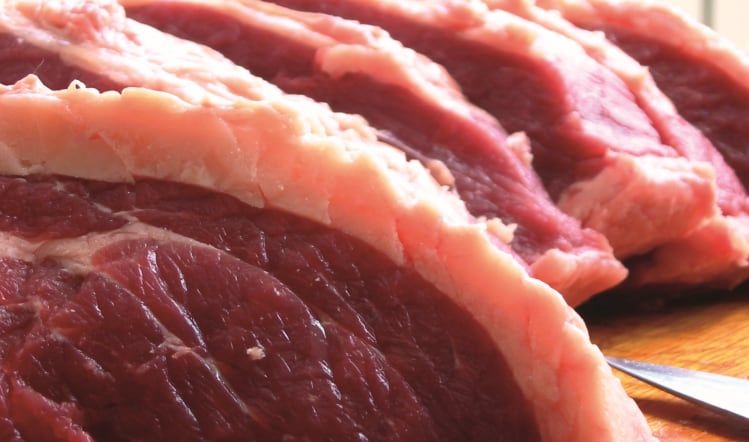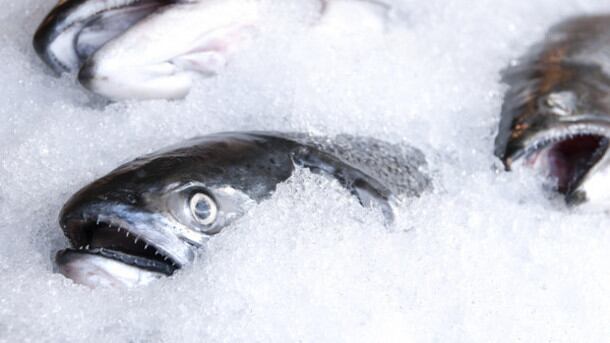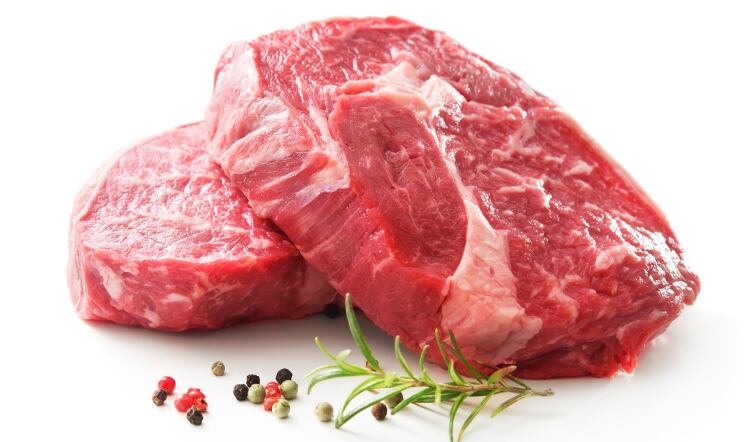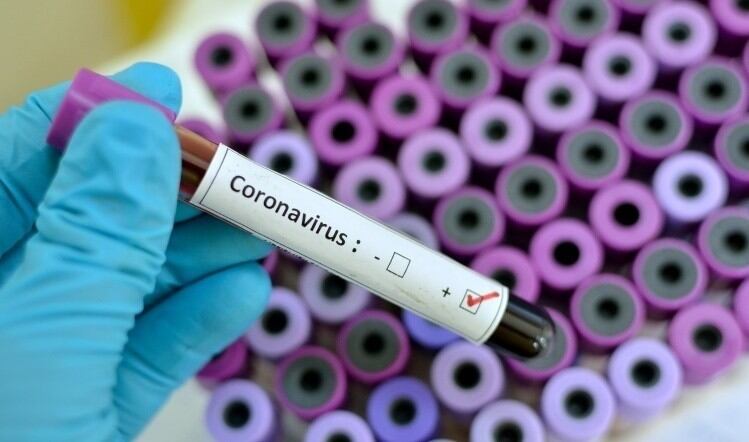The Government’s inability to set up a 3rd country system suited to the ‘just-in-time’ nature of the UK food supply chain had left some processors questioning their ability to continue exporting products, the BMPA said.
The trade body argued it was not viable to send one lorry load of mixed products from different UK businesses to different EU or Northern Irish customers to stock their shelves for a few days. While a lorry going to Northern Ireland could take four pallets of a single product – rather than the 23 it could carry – to get supplies to a supermarket, it was not sustainable, it said.
Adding to the process
As BMPA chief executive Nick Allen explained: “The new system is adding an average of 30 hours into the process and the costs to ship these loads are now around 60% higher than last year.
“This is caused by a combination of additional charges from HMRC and their French counterpart, extra customs agents’ and veterinary charges to process the paperwork and haulage charges that have risen four-fold due to delays at the border. On top of that, freight insurers are raising premiums or simply refusing to insure loads.”
While a large load of single product could be achieved, many customers in the EU do not wish to be supplied in this way. Technically this load could be delivered into an EU hub and then further distributed to the customers, but this is not viable for all but the very largest meat companies.
Speaking to talkRadio, BMPA trade policy advisor Peter Hardwick remarked on the irony of watching astronauts in Elon Musk’s space shuttle ‘waving at the camera as they head off to the moon’ while on earth ‘we can’t get a pork chop to Paris’.
Bypassing exports
One unintended Brexit consequence was that British firms were registering EU businesses to bypass export problems, meaning Britain was losing jobs and business, the BMPA claimed.
Consignments of British meat heading to customers on the continent are still below 50% of normal volume, with some companies doing no exports at all. And the inability to export the parts of the carcase unpopular in Britain meant that meat processing became less profitable, which would eventually hit livestock prices for British farmers.
The BMPA recently met with members of the Farmers Union of Wales to discuss the impact Brexit has had on meat exports and highlighted the need to address the impact of non-tariff barriers.
Minimum levels
It confirmed that most exporters kept consignments at minimum levels or decided not to export at all in the first weeks of January. Animal product exports were only 30–40% of what would normally be expected.
“This is a system that's based on export health certificates that may work fine for bulk frozen exports, but the markets we are set up for and need to supply are based on ‘fresh’ products and ‘just in time’ ordering and delivery systems,” Allen added.
“That is causing major problems and at the moment we have to plan an extra 24 - 48 hours in. Some things also get rejected at ports on very minor issues and it’s causing further delays. The system is not working how it needs to.”
How do we get a pork chop to Paris?
The BMPA said there was no complete solution to businesses’ export woes short of having to send an entire lorry load of pork chops (circa £70k worth).
“It’s going to require much more commercial co-operation between businesses as well as political co-operation between the UK and the EU to re-negotiate and re-design the system from top to bottom,” the BMPA stated.
“What we are sure of is that whatever is being discussed by Michael Gove and Maroš Šefčovič to ease trade barriers with Northern Ireland should also apply to trade with the EU.”





